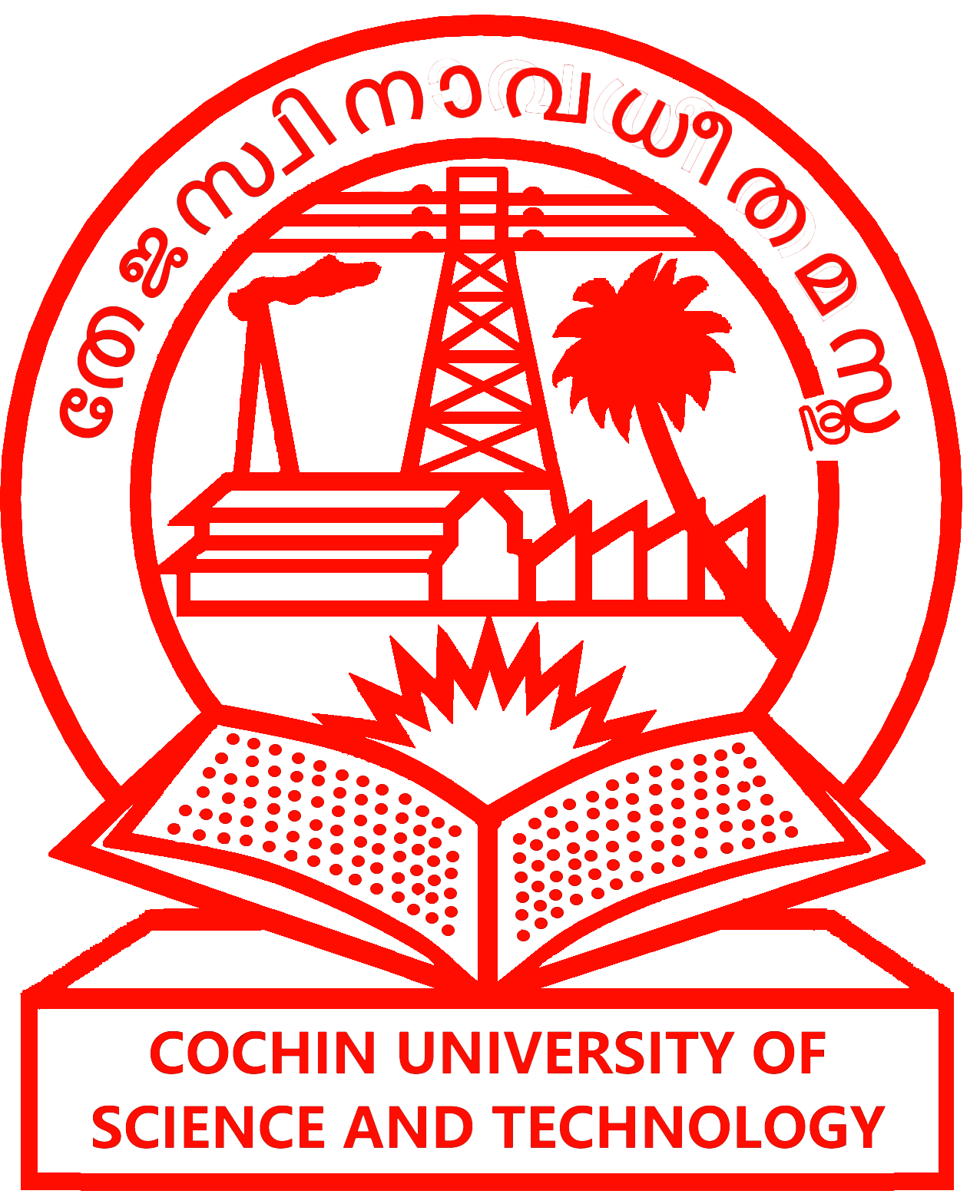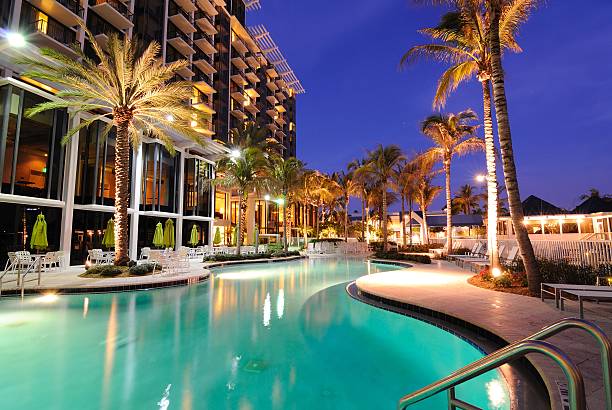Marine Biodiversity and Conservation

Marine biodiversity, spanning from microscopic plankton to whales,
is vital for ecosystem health,
providing oxygen, climate regulation, and sustenance for millions. However, it faces
mounting threats from overfishing,
pollution, habitat destruction, and climate change. Research in marine biodiversity and
conservation is essential to
understanding these challenges, protecting ocean ecosystems, and ensuring their
sustainability. Safeguarding marine
life supports both environmental resilience and humanity's future well-being.
• Exploration and cataloguing of marine biodiversity
• Conservation strategies for endangered marine species and ecosystems
• Marine protected areas and biodiversity hotspots
• Marine Pollution and its mitigation.



















































